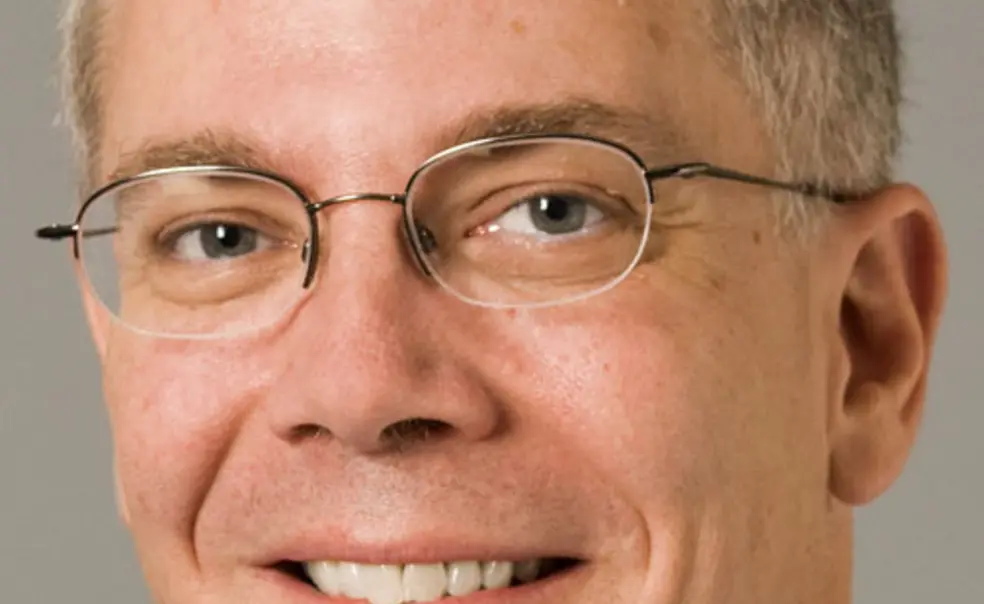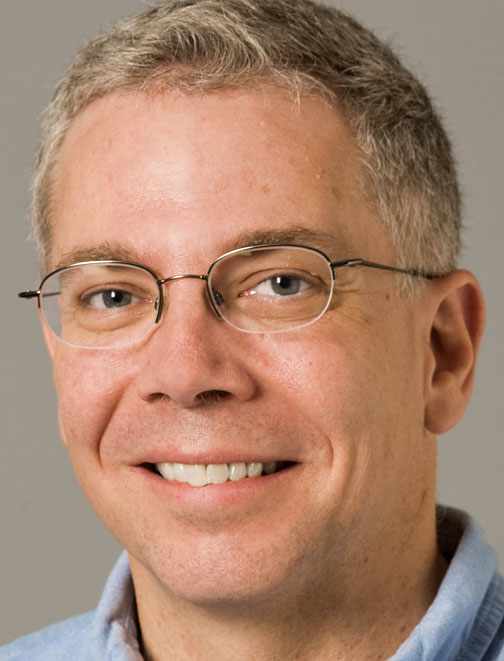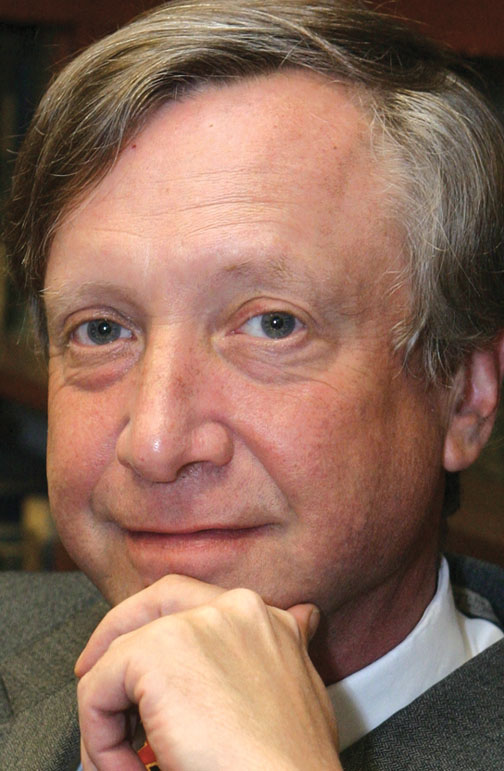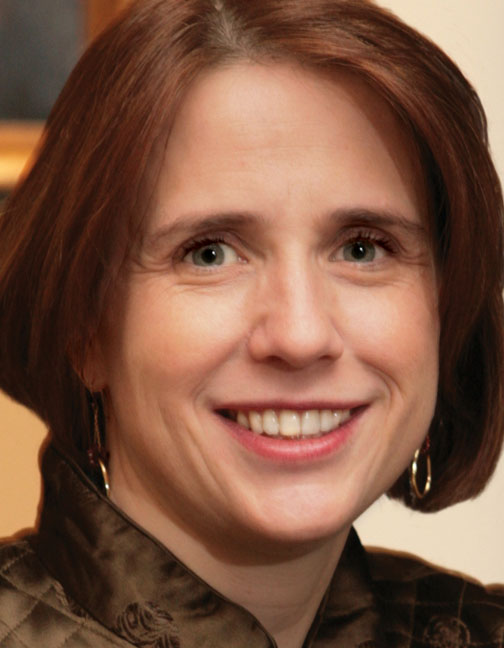Heard at Alumni Day
“There are studies of digital reading that suggest parents might inadvertently impede reading when they read digital books with their kids – instead of talking about content, they direct the child to ‘click here.’” — English professor William Gleason, speaking on “Children’s Literature in the Digital Age”
“If, as James Madison [1771] said, ‘only a well-educated people can be permanently a free people,’ then what his alma mater seeks to do in its programs in civic education is vital to the success of the grand experiment in ordered liberty that Madison and the other founding fathers bequeathed to us and our posterity.” — Politics professor Robert P. George, speaking on “Immigration and American Exceptionalism”
“As grievous and contentious as our politics have been, there is no reason to believe that post-partisanship offers an oasis. It is a mirage.” — History professor Sean Wilentz, lecturing on “The Long and Tragical History of Post-Partisanship”
“Impressionist subject matter has been described as an iconography of eternal vacation.” — Art museum curator Caroline Harris, speaking on late- 19th-century French painting
“What makes Princeton, in my opinion, is the people. Only on this campus could I have found so many ways to procrastinate.” — Pyne Prize co-winner Ann-Marie Elvin ’12
“It’s rare that I get to wear such a hideous tie and fit right in.” — Pyne Prize co-winner James Valcourt ’12















No responses yet